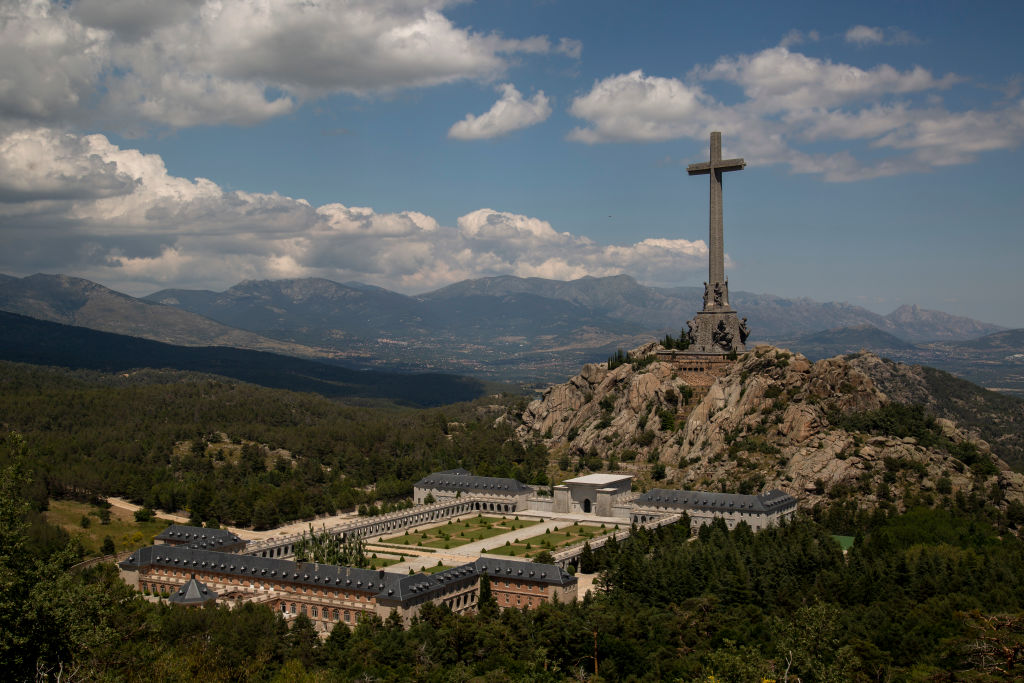Before the First World War, European countries decided what happened to the rest of the world. One hundred years later, the rest of the world decides what happens to Europe. What is going on?
Thirty years of European brother wars (WW1 and WW2) exhausted Europe and downgraded our status on the world stage. A bipolar world order, in which the Marxist USSR and capitalist USA ruled, was born. Politically, militarily and economically, European countries became encapsulated in either the capitalist or the communist sphere of influence.
With the collapse of the criminal system of communism in 1991, this situation ended. From that point onward, there would only be one superpower that decided what happened in the world: the US. The unipolar world order was born. An order that followed the American agenda of globalisation: multiculturalism (social), free trade (economic), democracy and nation building (political).
It ended in shocks. Islamic terrorism (since 2001) radically rejected the socio-cultural worldview of the US. The 2008 financial crisis displayed the instability of global hyper-capitalism. The rise of China proved that prosperity was also possible without democracy and a free market economy. The US understand that the time of unipolar hegemony is over, and that we have arrived in a multipolar world order that consists of multiple centres of power.
This is why the US seem to be making a radical break with their foreign policy of the last decades. European elites apparently do not understand that yet, or do not want to understand it. They cling to the old US agenda, even though the US itself does not even believe in it anymore. The consequences are nothing short of disastrous.
The implosion of the USSR created a power vacuum in Eastern Europe, which was filled by the EU and NATO. First in Georgia (2008), and then in Ukraine (since 2014), Russia showed that it has the means, the desire and the will to defend what it views as vital interests. The West responded with economic sanctions and €350 billion in military and financial aid to Ukraine.
There have been no fundamental effects of these measures on the reality on the battlefield. Politics decide now. This is why the US moves towards Russian terms for the Riyadh peace negotiations: Ukrainian neutrality and no NATO membership. The EU, which completely refused to use diplomatic instruments for three years, is now nagging about not being at the negotiating table. At the same time, the EU went with much grandstanding for nothing short of total military victory and regime change in Russia – even though European countries were not prepared to send their own militaries. Furthermore, their decades of subpar defence spending prove that they not take the Russian threat too seriously, despite their rhetoric of enemy tanks entering Brussels in the near future.
The US now wants to pass the costs of its foreign policy bill in Ukraine over to the European leadership, who apparently seem to be gratefully accepting it. En passant, the US is also making clear its interest in Ukrainian mineral resources, while the EU stands there awkwardly watching. And to finish it off, the US has delivered what some call a trade war and 25 per cent tariffs for EU products, while one after another European government leader visits Washington DC to, figuratively, kiss the ring. For its part, the EU is highlighting its cluelessness grandiosely. Secretary Marco Rubio is not even receiving European Commissioner Kaja Kallas.
For decades, European elites have been selected, educated and promoted within an Atlanticist ideological framework. This framework is not based on having shared moral values, but on the fundament of American interests. Those interests are not always the interests of European countries. The so-called Free West from the era of the bipolar world no longer exists. Theoretical concepts from the unipolar world, ranging from Fukuyama’s End of History to Huntington’s Clash of Civilisations, are completely outdated and do not form any sort of guidance for the world of today, much less for the world of tomorrow.
The Americans have accepted the multipolar reality, and have started making the logical conclusions when it comes to foreign policy. It is time for us to do the same in Europe.
Whether we like it or not, we have to find peace for Ukraine in one way or another, and form a new sort of defence architecture for Europe. This means that we at some point in time need to normalise our relations with Russia, specifically concerning trade and energy. The longer we keep ourselves locked up in past strategies, the higher the humanitarian and financial cost will be for both Ukraine as well as ourselves. Secondly, investing in our own defence capacities and industry is essential and a priority. This should not be done based on Atlanticist thinking, but based on establishing a Eurocentric centre of power, which is the essential condition for defending our geostrategic interests. The way Belgian Defence Secretary Theo Francken is wagging his tail to order more American F-35s is indicative of Belgium’s impotence. Lastly, we must once again start thinking in terms of Realpolitik, instead of maintaining the moralist liberal and utopian thinking that characterises the EU.
In a multipolar world, the US will always remain an ally. However, Europe must be able to stand on its own two feet. For this purpose, the EU is not the correct instrument, and we must restore our sovereignty and national dynamism to bring about a renaissance of our European civilisation.
Tom J.P. Vandendriessche is a Belgian Member of the European Parliament for Vlaams Belang, Patriots for Europe Group





Listen to Vance’s warning: why the cordon sanitaire belongs to the past